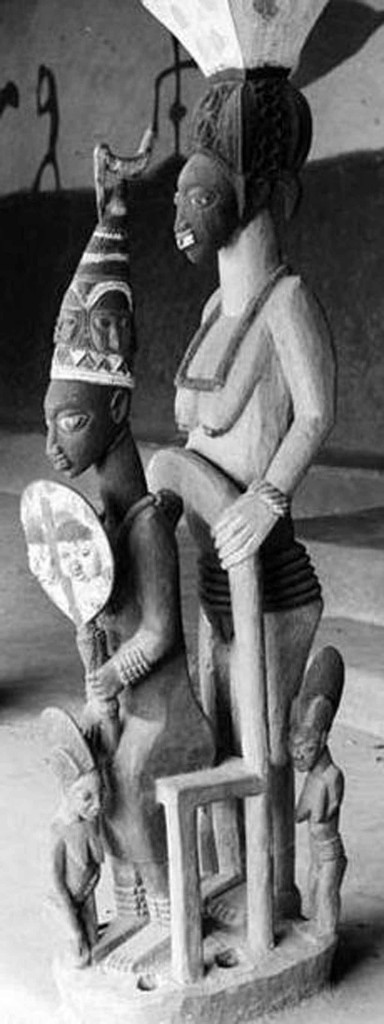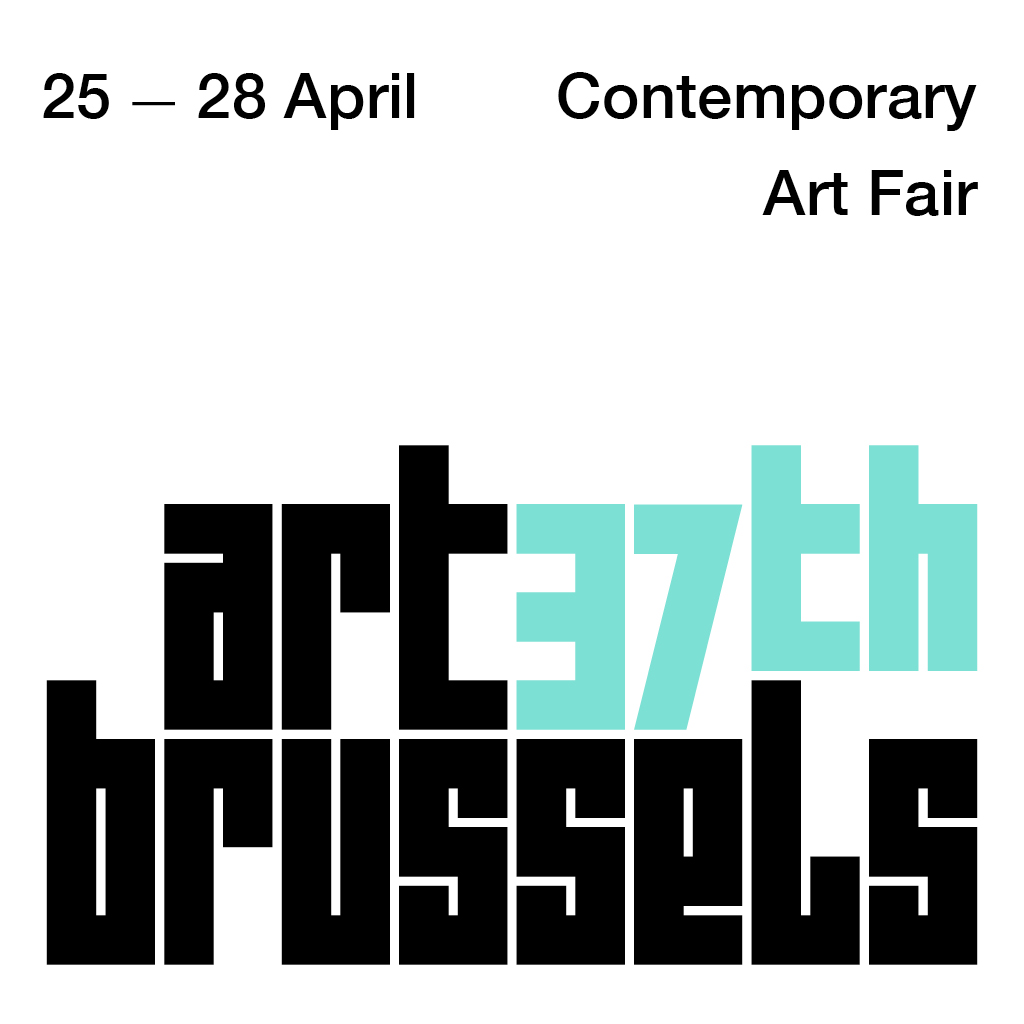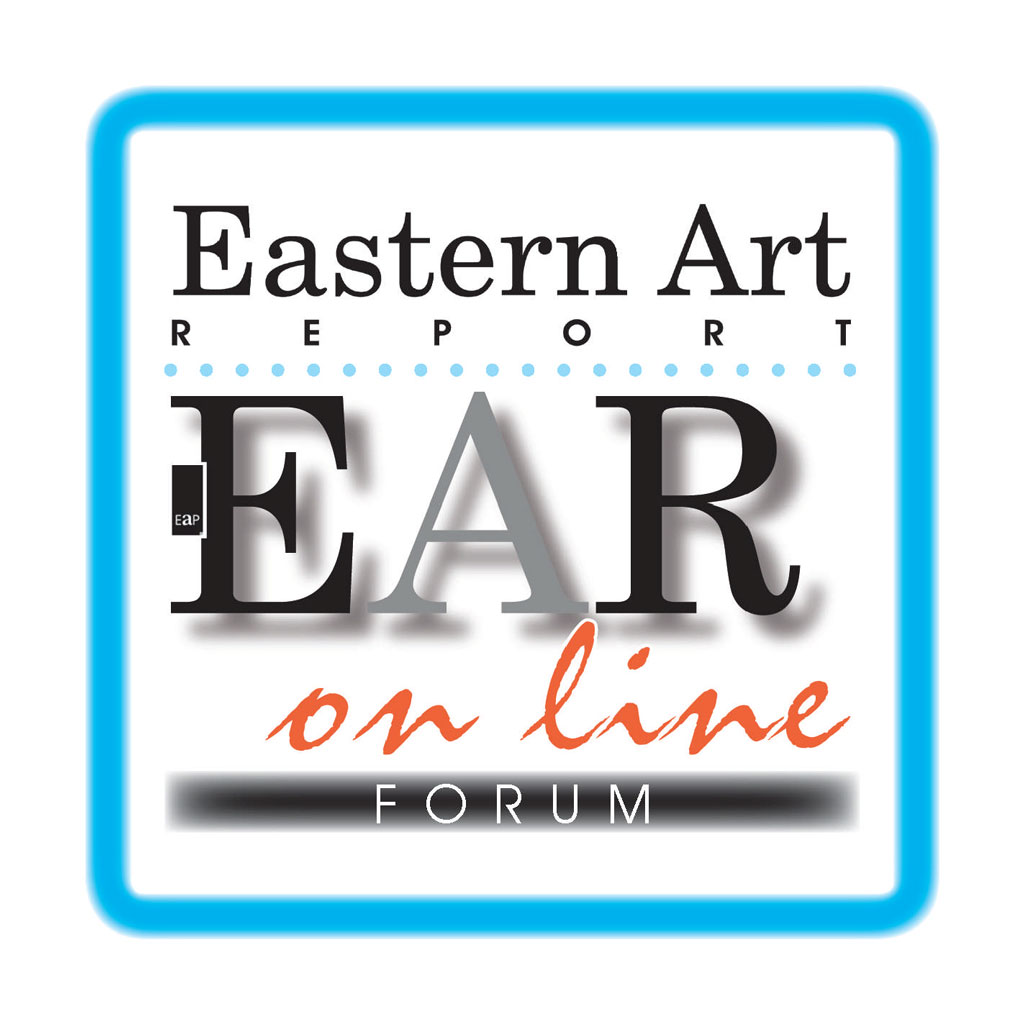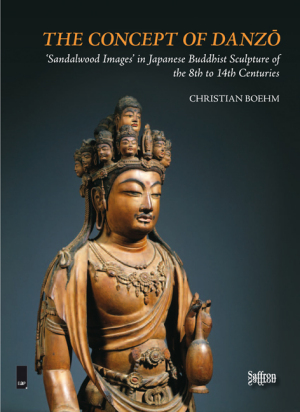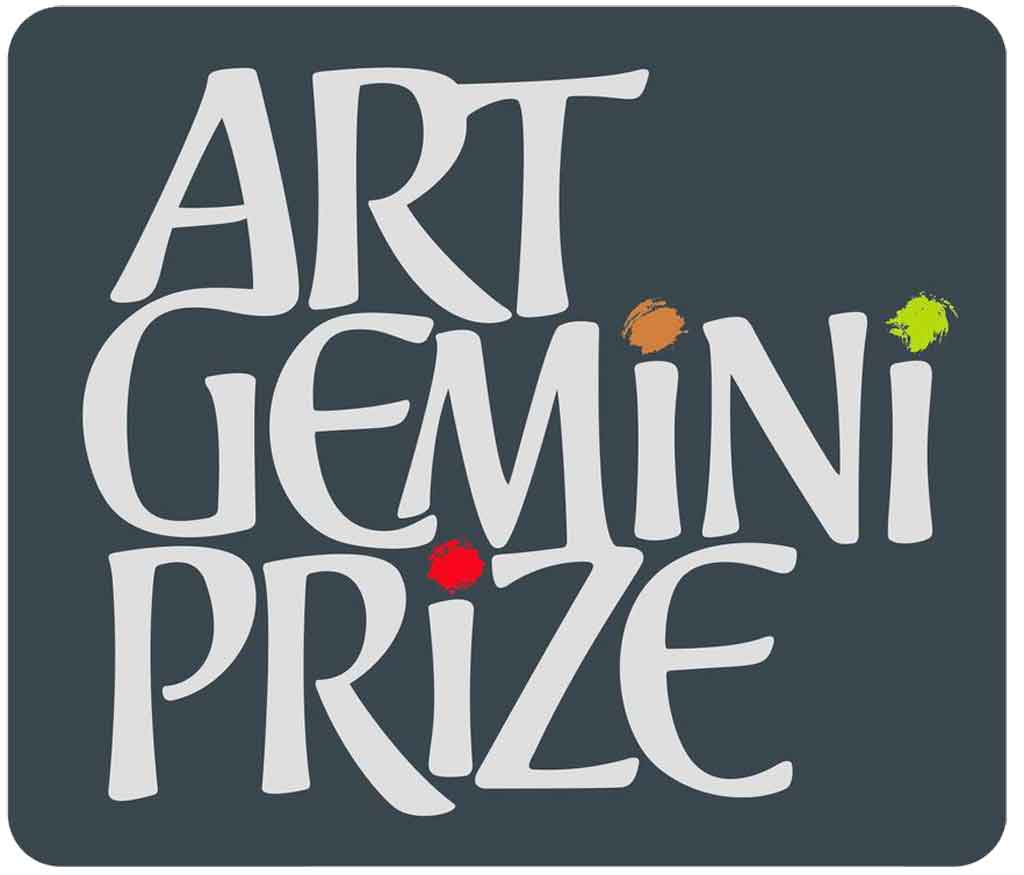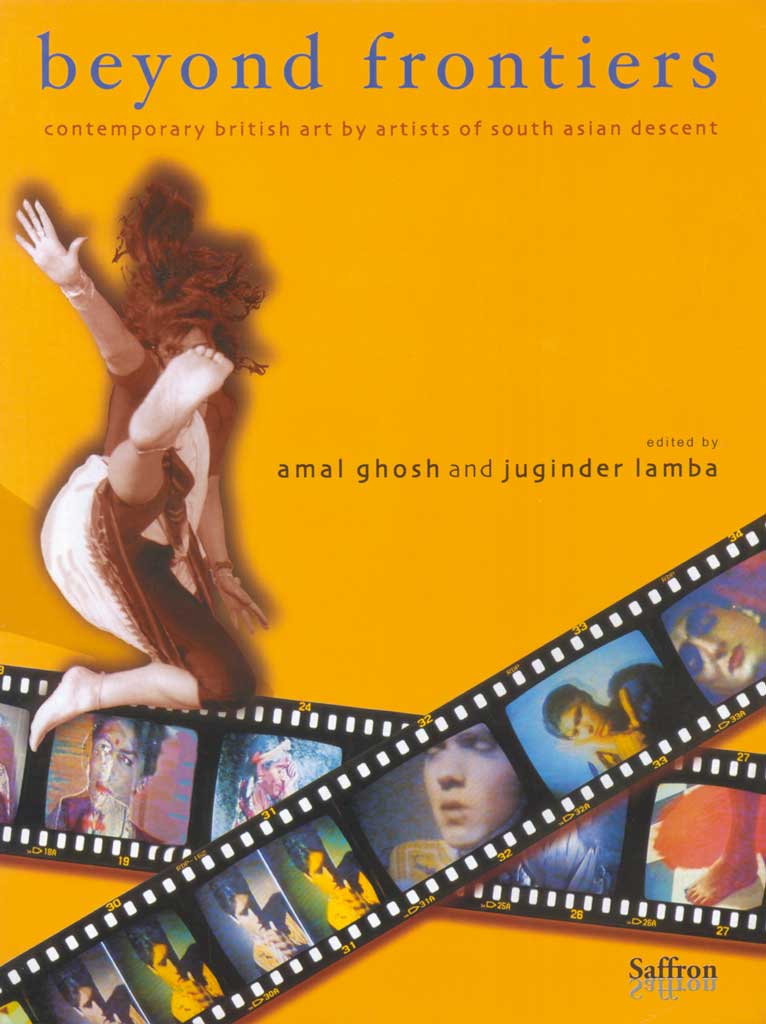William Fagg and the Study of African Art, an international conference at the Courtauld Institute of Art, celebrates Africanist William Buller Fagg (28 April 1914–10 July 1992) and his arguably immense contribution to the study and (perhaps equally important) appreciation of African art in Britain and elsewhere.
Fagg was the Keeper of the Department of Anthropology at the British Museum (1969–1974) and, as it transpired, a pioneering historian of Yoruba and Nigerian art, with a particular focus on the art of Benin, diversifying later as curator, museologist and Africanist consultant to the art markets. The two-day conference has drawn academics from various institutions, as the programme indicates. Participation is still open (see links below).
The conference is organised by Professors Christopher Green and Deborah Swallow with Cathy Corbett (Courtauld Institute of Art), Professor John Picton (SOAS and formerly of the British Museum, Series Editor, Saffron African Art and Society series of books on modern and contemporary African art) and Professor John Mack (UEA and formerly of the British Museum) in collaboration with the Royal Anthropological Institute. Related downloads: http://www.courtauld.ac.uk/researchforum/events/2015/spring/WilliamFagg.shtml
Sculpture by Olowe of Ise. Photo: The Royal Anthropological Institute via The Courtauld Institute of Art, London. See Editor’s note below about Olowe
As the conference blurb states, William Fagg was ‘the great pioneer in Britain’ of the study of art in Africa. His interests ranged across all regions of the continent, and through all periods and forms. In his capacity as the leading authority on the subject at the British Museum, his appreciation of African art was informed by his friendships with artists such as Jacob Epstein, Henry Moore and Leon Underwood, as well as Roland Penrose, Director of the Institute of Contemporary Arts, at a formative period in its history.
Though famed for his interests in sculpture, and in defining the canon for future generations to ponder, the introduction goes on, he was also concerned to promote respect for the aesthetic energies of, for example, ceramic and textile technologies. He benefited from the opportunity to study collections in Europe at a time before the widespread faking that developed in the 1950s. He was able to build upon that study by means of first-hand field research in West and Central Africa (and especially Nigeria where his brother, Bernard, was head of the Nigerian Government Department of Antiquities) at a time when the traditions inherited from the past were still largely intact. He also promoted the study of the engagement between African artists and Europe in his work on the Afro-Portuguese ivories.
Fagg was thus a major figure in the art world of post-war Britain, and a leading player in the work of the Royal Anthropological Institute. He also led the removal of the ethnographic department of the British Museum to its thirty-year sojourn as the Museum of Mankind, where he pioneered new ways of exhibiting African art. Today, the organisers say, William Fagg’s insights still dominate the study of African art even when scholars of the present time sometimes find themselves fighting against those insights. The nature and substance of his leadership provides the subject of this conference.
Although in later years Fagg advised Christie’s auctioneers on ‘tribal art’ the focus of this conference appears to be on Fagg’s career in the academic field and in the museums.
How to attend this conference Fees apply: Single GBP 26 (GBP 16 students, Courtauld staff/students, RAI fellows/members and concessions). To book online follow this link [http://ci.tesseras.com/internet/shop] or send a cheque made payable to ‘The Courtauld Institute of Art’ to: Research Forum Events Co-ordinator, Research Forum, The Courtauld Institute of Art, Somerset House, Strand, London WC2R 0RN, stating ‘William Fagg’.
Editor’s note: The latter option (of sending a cheque to register) is not recommended at this late hour; if not booking online email [ResearchForum@courtauld.ac.uk]
Key timings 14.00 – 18.00, Friday 24 April 2015 (with registration from 13.30) | 09.30 – 17.30, Saturday 25 April 2015 (with registration from 09.00)
Venue Kenneth Clark Lecture Theatre, The Courtauld Institute of Art, Somerset House, Strand, London WC2R 0RN
The conference is supported by the Fagg Trust and the Royal Anthropological Institute.
PROGRAMME [Subject to change or updates by the organisers]
FRIDAY, 24 April (Day 1)
13.30 – 14.00 REGISTRATION
14.00 – 14.05 Welcome – Professor Deborah Swallow (The Courtauld Institute of Art)
14.05 – 15.00 Introduction by Professor John Mack (Professor of World Art Studies, UEA, Chairman of UEA’s Sainsbury Institute for Art) and Professor John Picton (SOAS)
15.00 – 16.30 SESSION I
Professor Philip Peek (Drew University): Benin City and Beyond: William Fagg and the ‘Lower Niger Bronze Industry’.
Angela Rackham, (Independent Scholar): Revealing Sculptures: The Nok Terracottas in Time and Space.
Discussion
16.30 – 17.00 TEA/COFFEE BREAK (provided – Seminar room 1)
17.00 – 18.00 Keynote address: Professor Rowland Abiodun (John C. Newton Professor of the History of Art and Black Studies, Amherst College): William Fagg: A Visionary in African Art Studies.
18.00 RECEPTION (Front Hall)
SATURDAY 25 April (Day 2)
09.00 – 09.30 REGISTRATION
09.30 – 11.00 SESSION I
Dr Charles Gore (SOAS): Commemorating William Fagg: Commemoration, Memory-Making and Benin Art.
Dr Barbara Plankensteiner (Deputy Director and Chief Curator at the Weltmuseum Wien): African Art and William Fagg’s Contemporaries in Austria.
Discussion
11.00 – 11.30 TEA/COFFEE BREAK (provided – Seminar room 1)
11.30 – 13.00 SESSION II
Dr William Rea (University of Leeds): The Sculptors of Ekiti: The Context of Creativity.
Professor Sidney Kasfir (Emory University, Atlanta): Awe, Resistance and Reassessment: William Fagg and the Benue.
Discussion
13.00 – 14.00 LUNCH (provided for the speakers only – Seminar room 1)
14.00 – 16.00 SESSION III
Dr Margaret Garlake (Independent scholar): From ‘primitive’ to ‘tribal’: William Fagg and the Post-War Culture of Modernity.
Lisa Maddigan Newby (UEA): ‘Not Always Talking the Same Language,’ William Fagg and the ICA in Post-War London.
Professor Elizabeth Harney (University of Toronto): Tribal and Post-Tribal: New Talk of a Canon in Modern and Contemporary African Arts.
Discussion
16.00 – 16.30 TEA/COFFEE BREAK (provided – Seminar room 1)
16.30 – 17.30 Panel Discussion: The Display of African Art – the Museum Situation Today.
Speakers to be confirmed.
Related downloads: http://www.courtauld.ac.uk/researchforum/events/2015/spring/WilliamFagg.shtml
About the featured artist, Olowe of Ise
Editor’s Note: The featured sculpture [above] is by Olowe of Ise, courtesy of the Royal Anthropological Institute via the Courtauld Institute of Art. Olowe of Ise’s life and work is well documented in western art historical accounts, including theory and conjecture. Born around 1875, he died around 1938. Olowe of Ise is generally regarded as one of the most important 20th century Yoruba artists — the most important Yoruba or African artist according to some. His status as an artist was acknowledged by Yoruba contemporaries in oriki oral praise poetry.
Related or Of Interest | More at Academia.edu
El Anatsui: A Sculpted History of Africa, edited by John Picton and others | Browse | Preview | El Anatsui in conversation
Art Criticism and Africa | Browse | Preview
Fusions: Masquerades and thought style east of the Niger-Benue confluence, West Africa, by Richard Fardon | Browse | Preview
Column to Volume: Formal innovation in Chamba statuary, by Richard Fardon and Christine Stelzig | Browse | Preview
Forthcoming in African art | More at Academia.edu
Artists and Art Education in Africa, Elsbeth Court and others
Yoruba Diasporas, John Picton and others


